Remember me - Spring 2022

In this issue:
Your support is essential in 2022
With the contributions from generous donors, the Alzheimer Society of Canada funded promising dementia research projects in 2021. Thank you for your support and interest.
Together, we can change the course of this disease. With 1 Canadian diagnosed every 7 minutes with dementia, it is more important than ever to accelerate breakthroughs, to push boundaries and explore new frontiers. We need to expand programs to include caregivers and pay special attention to culturally diverse communities.
I hope you will continue to help advance dementia research with a donation today , if you are able.
Thank you once again for your support.

Dr. Saskia Sivananthan
Chief Science Officer
Twice the love and care
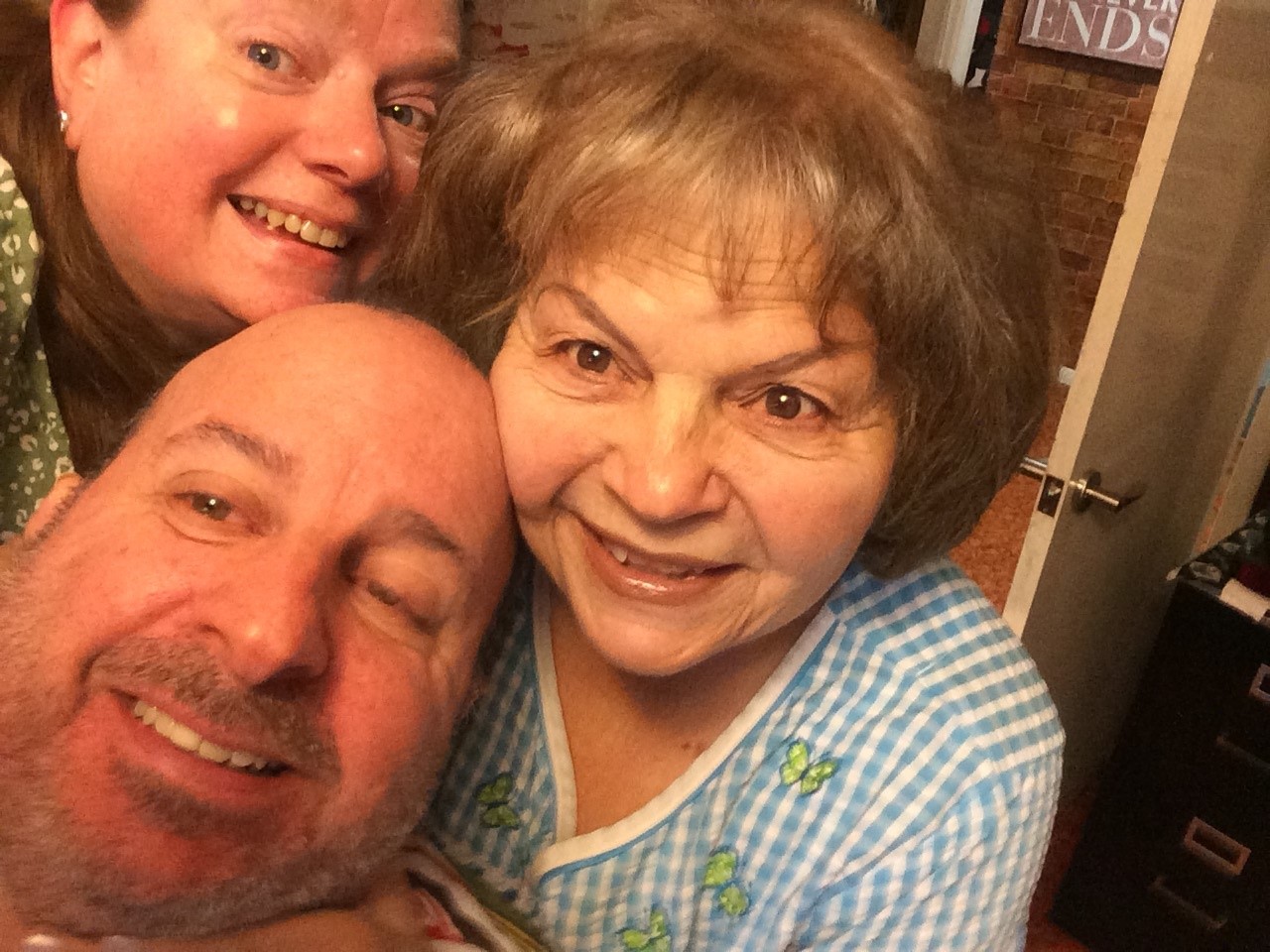
When Joel started showing symptoms of young onset Alzheimer’s in his late forties, his wife Cindy and mother Barbara could barely comprehend how someone so young could lose command of his speech. All three had to rethink how they communicated.
With help from the Alzheimer Society, they learned other forms of expression. Sometimes a simple touch or hug can convey more than any word. Cindy and Barbara also discovered that painting, music and dancing can connect them to Joel in joyful acts of communication.
Your donation supports the programs, services and research necessary to provide people like Joel with more innovative ways to enjoy fulfilling lives.
MEET OUR RESEARCHERS

Dr. Lane Bekar is investigating the likelihood that a high sucrose diet can raise the risk of Alzheimer’s. His results will provide valuable insight into the connections between genetics, diet, and late-onset dementia.
Also, the matter of consent in research among people living with dementia is complex. Guidelines are needed to ensure that their rights are consistently respected. Dr. Amanda Grenier, Dr. Karen Kobayashi and their team are developing resources that will help researchers understand the laws and apply any necessary practical changes.
For more on the research your support makes possible, visit alzheimer.ca/Research
Walk with us the last weekend in May
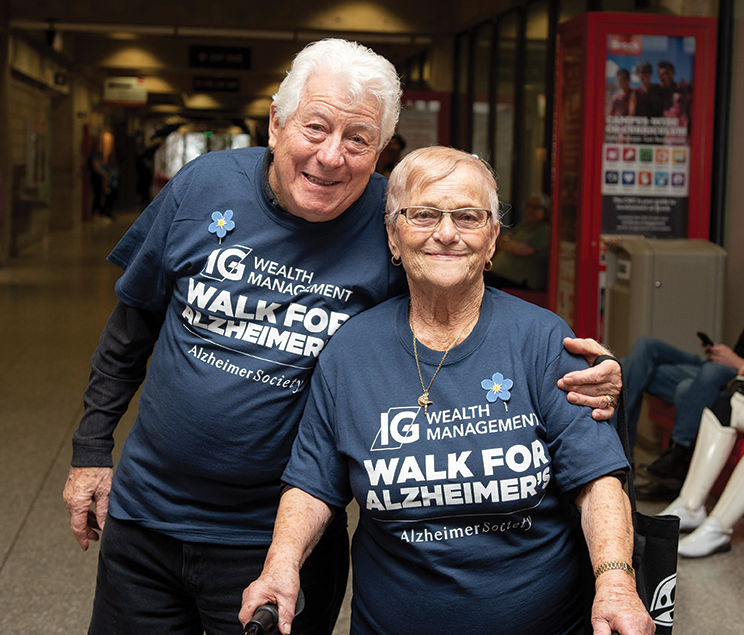
In the past several years, Canadians walked their own way to support the IG Wealth Management Walk for Alzheimer’s. Keeping your distance, you cycled, ran — and danced too! Dedicated supporters like you raised over $10 million for people living with dementia, despite the pandemic. It’s time to walk again! Register now at walkforalzheimers.ca
Intimacy and people living with dementia

Recently, the study of gerontology and issues around aging in society have gained attention as Canada’s aging population becomes a more pressing concern. Unfortunately, dialogue about seniors, sex and sexuality is often avoided.
This subject can be particularly difficult for healthcare providers to navigate due to the negative stigma surrounding sexuality and dementia and lack of access to information and resources. Right now, no e-learning programs exist for healthcare providers on this subject, so Dr. Birgit Pianosi and her team have set out to design, develop, and evaluate an online educational program through a series of modules.
This innovative new program is intended to deepen understanding, change attitudes, and hone skills to help healthcare providers support the sexual needs of people living with dementia. Through surveys and focus groups, the team will evaluate the extent to which healthcare providers’ knowledge, empathy, and confidence improve after completing the online program. Dr. Pianosi and her team are confident that the program will help challenge stigmas around older adults and sexuality. Equally important, the initiative is expected to empower healthcare providers to support people living with dementia by facilitating their engagement in healthy sexual relationships.
5 communication tips for conversations with people living with dementia
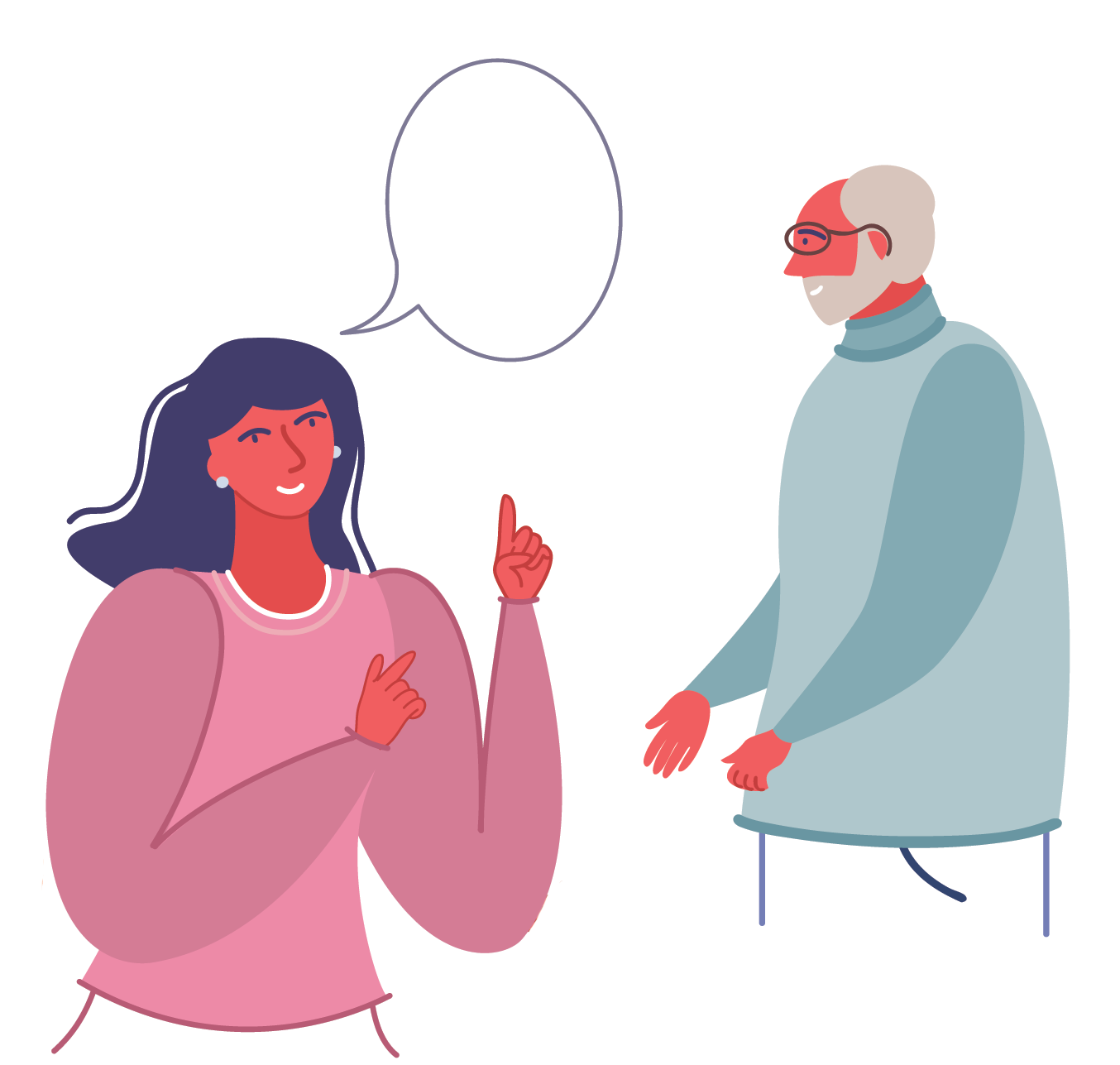
Communication keeps us all connected. As a person living with dementia loses the ability to speak, it’s critical to find ways to have meaningful conversations. Here are 5 tips that will help.
- Use what you know about them. Pick topics of conversation they’re interested in or already good at. Talk about what they can do, instead of what they can’t. Give them options they’ll enjoy.
- Reduce distractions. Have your conversations in calm, quiet environments. Listen and keep them focused with steady eye contact.
- Talk face to face. Stay in their line of sight. Keep your sentences short and simple. Use gestures, facial expressions and body language to strengthen your communication.
- Be flexible. Their ability to carry on a conversation will change daily. Assess how they’re feeling before you begin and adjust accordingly.
- Stay positive. Remember that how you feel will be communicated in your tone and body language. Take a breather when you need to.
For more tips and examples, visit alzheimer.ca/Communication
WORDS OF INSPIRATION FROM OUR DONORS

“My husband had Alzheimer's for 10 years. It was painful but I had unbelievable support from a weekly caregiver support group.”
“To contribute to Alzheimer Society is to invest in our future.”
“My wife suffered from Lewy body dementia. The Alzheimer Society arranged a weekly visit. Your support was always available and readily given in our need.”
MONTHLY DONOR CORNER: WHY I GIVE
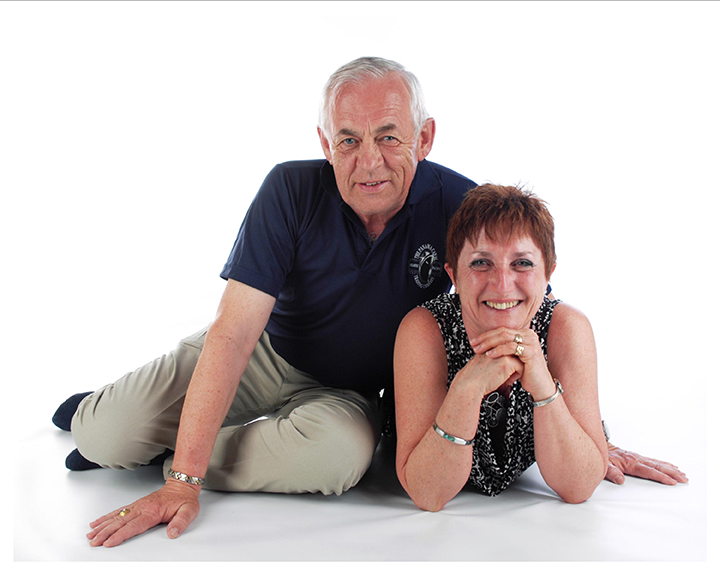
Our journey together began in 1989. As a long-haul trucker, Elliot invited me to drive along with him so we could enjoy life’s adventures together. In 2017, Elliot suffered a stroke and was soon diagnosed with vascular dementia. I gladly became his caregiver, but eventually, I needed help. So I joined an Alzheimer Society support group and from that day on, help was only a phone call away. I lost my beloved Elliot in 2020, but I continue to donate to the Alzheimer Society monthly. I hope you will too. – Jan K.
If you’re not already a monthly donor, please join now.
Share your thoughts
The Alzheimer Society knows that the value of research extends beyond the lab. That’s why we’d like to learn more about your support and connection to this devastating disease. Your responses can help us improve our communications materials and reach more people who might be struggling.
Please complete our online survey at alzheimer.ca/DonorSurvey2022
Leave a legacy
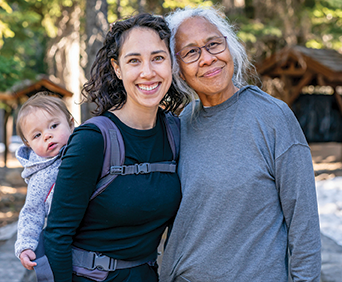
You can help save and change lives by including the Alzheimer Society in your Will. After your family is taken care of, you can designate a percentage of the residual of your estate to the Alzheimer Society. Your generous gift can support important research that could turn the tide and make sure support is available for every Canadian affected by this devastating disease.
For more information, contact Dana Lecours at 1-800-616-8816 ext. 2951, by e-mail at [email protected], or visit alzheimer.ca/GiftInYourWill
Boost Your Brain Health
Doing puzzles like sudoku, crosswords, and word searches is a great way to keep your brain active.
For more about brain health visit alzheimer.ca/ChallengeYourBrain
